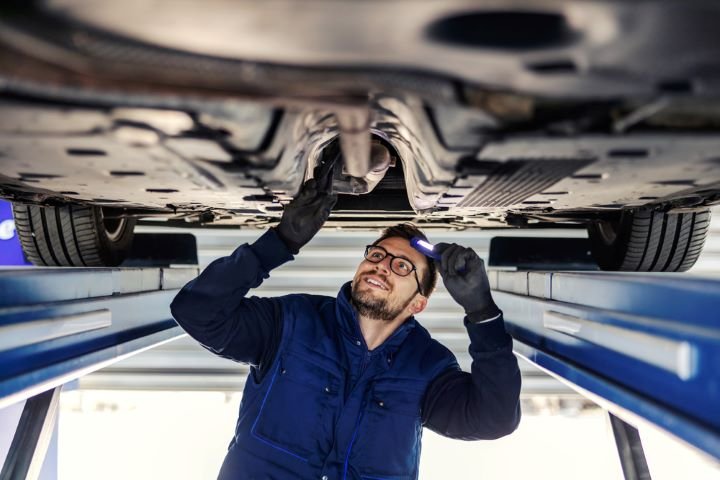Differential Fluid Fundamentals that an RV Owner Must Consider
We have been observing a widespread incident for years: several people in OKC give less importance to their RV’s differential fluid. They might have to opt for a diesel tuning service later. But what is this component and why is it so important? This blog post has all the answers that you need to know.
The wheels are least likely to obtain vehicle power without the differential. As most diesel mechanics say, it is the ultimate control-maker while you take a turn. However, this component can work efficiently only if its differential fluid stays in optimal condition.
It implies a thick oil that ensures lubrication of the differential’s internal components for proper functionality. Let’s observe its importance and why people in OKC should emphasize its maintenance.
The Less-Known Functionality of Differential Fluid
What can ensure the peak condition of the differential for more extended periods? Differential fluid is the answer to this question. People often refer to it as gear oil and remains in the RV’s axle housing. Unlike the necessity of engine oils in higher temperatures, this fluid offers an ideal performance at high-pressure conditions. Some of its irreplaceable advantages include:
It fulfills the pinion gear and ring lubrication task, driving power from the driveshaft to the wheel axles.
Differential fluid takes care of gear, clutch pack and bearing lubrication.
It assists in lubricating and cooling the differential for its proper functioning.
The differential’s metal-on-metal contact leads to overheating issues without this fluid’s support. Furthermore, it might undergo ignition, diminishing the safety factors and expanding costly repairs. These facts are essential to recognize before choosing your next diesel tuning service.
When Should One Go For a Differential Fluid Change?
Most cases require changing the differential fluid every 29000 to 50000 miles. One should pay attention to this factor as metal-on-metal contact generates frictional heat, causing various issues. Differential failure is always a costly affair that you should avoid at all costs.
The Problems with Lower Differential Fluid Levels
A common consequence of lower differential fluid levels is a differential failure (as the gears start grinding.) Furthermore, unnecessary friction might lead to significant damage due to the appearance of small metal pieces.
The Solution-Oriented Takeaway
Whenever the time for diesel tuning arrives, one should pay importance to differential fluid changes. It is the crucial factor behind the differential’s lubrication, keeping the RV free from heating issues. We provide quality diesel and mobile truck repair services at Silverado Road Services. Let us bring your vehicle to the road with our cost-effective solutions.

